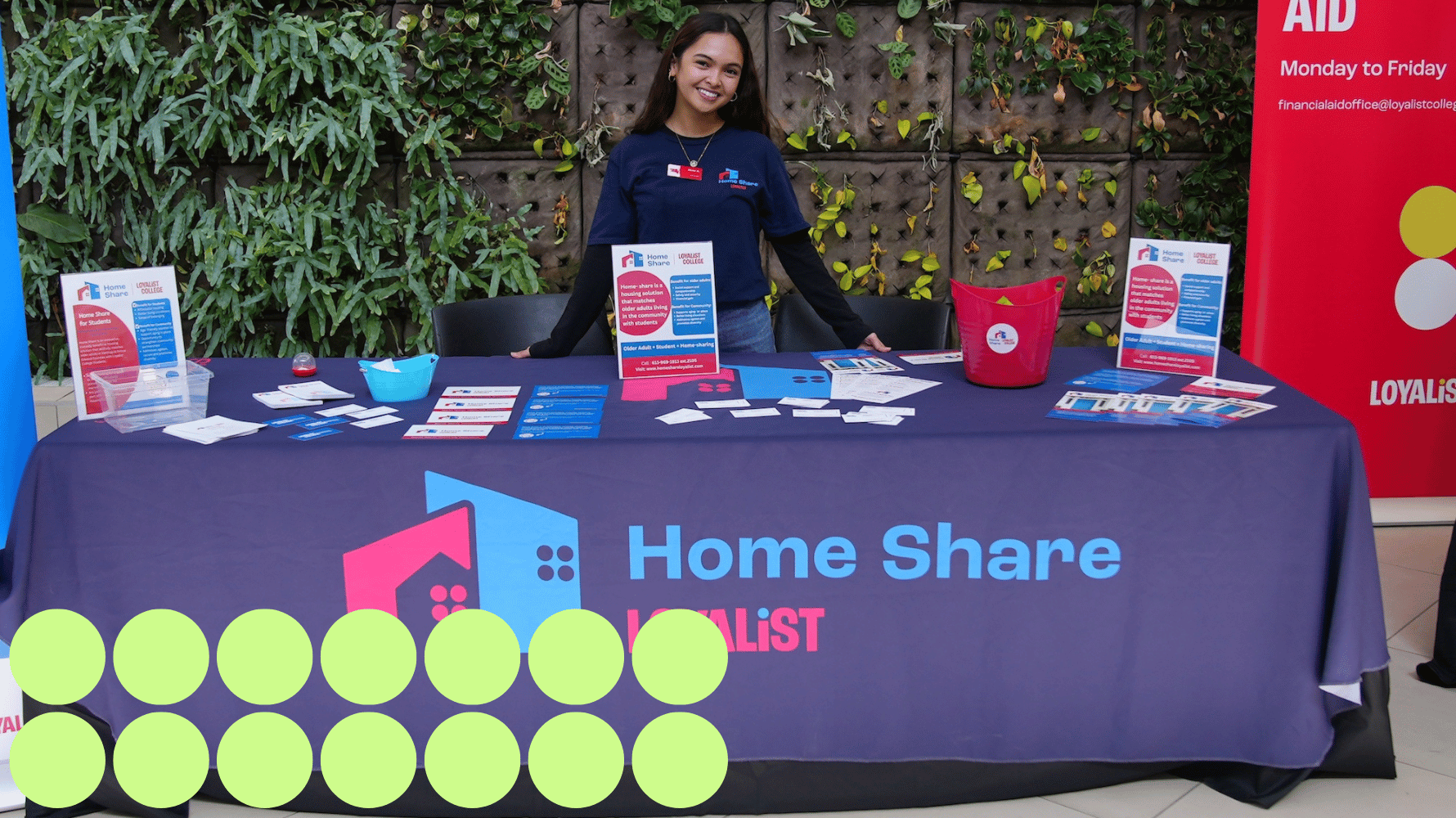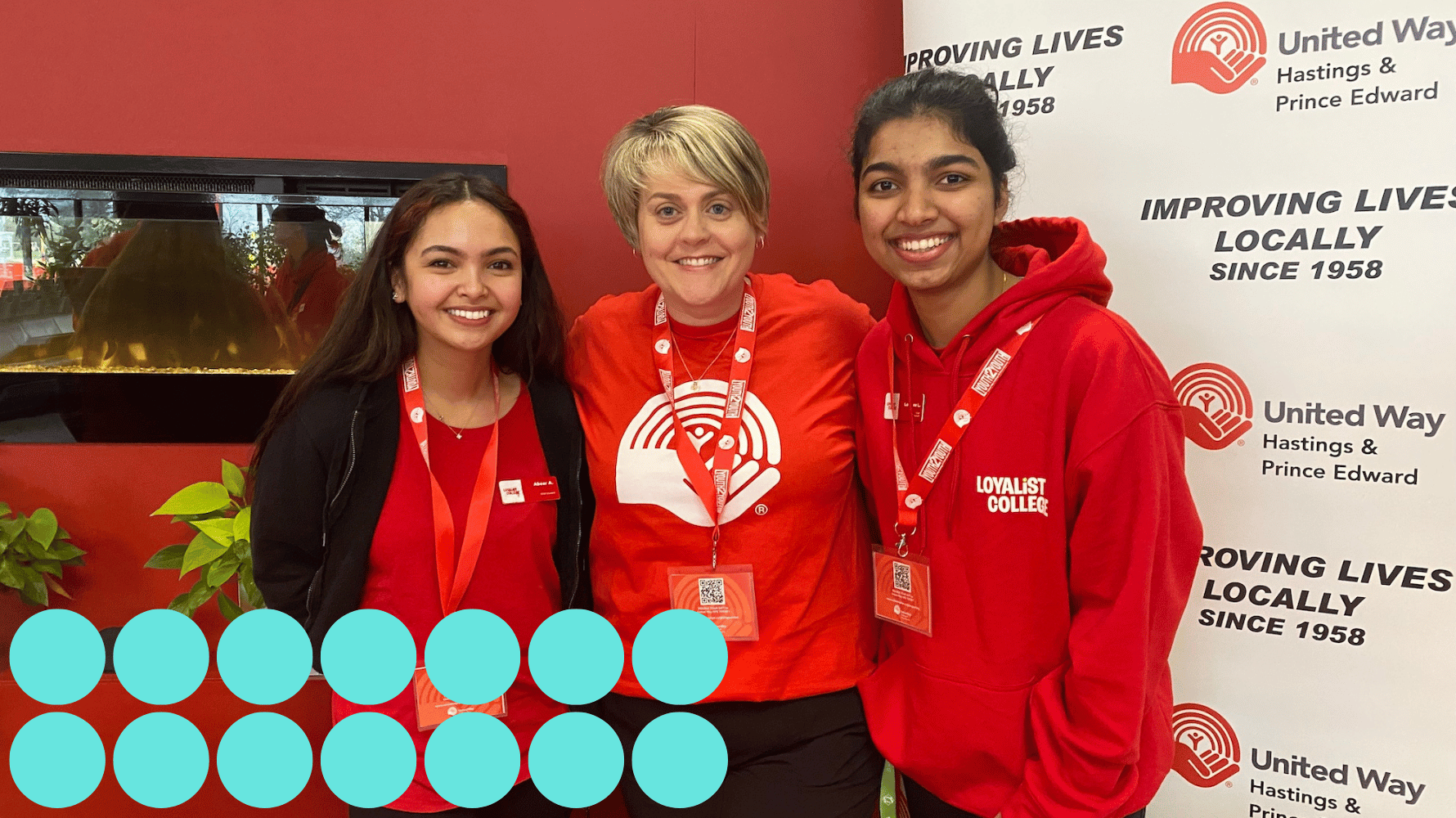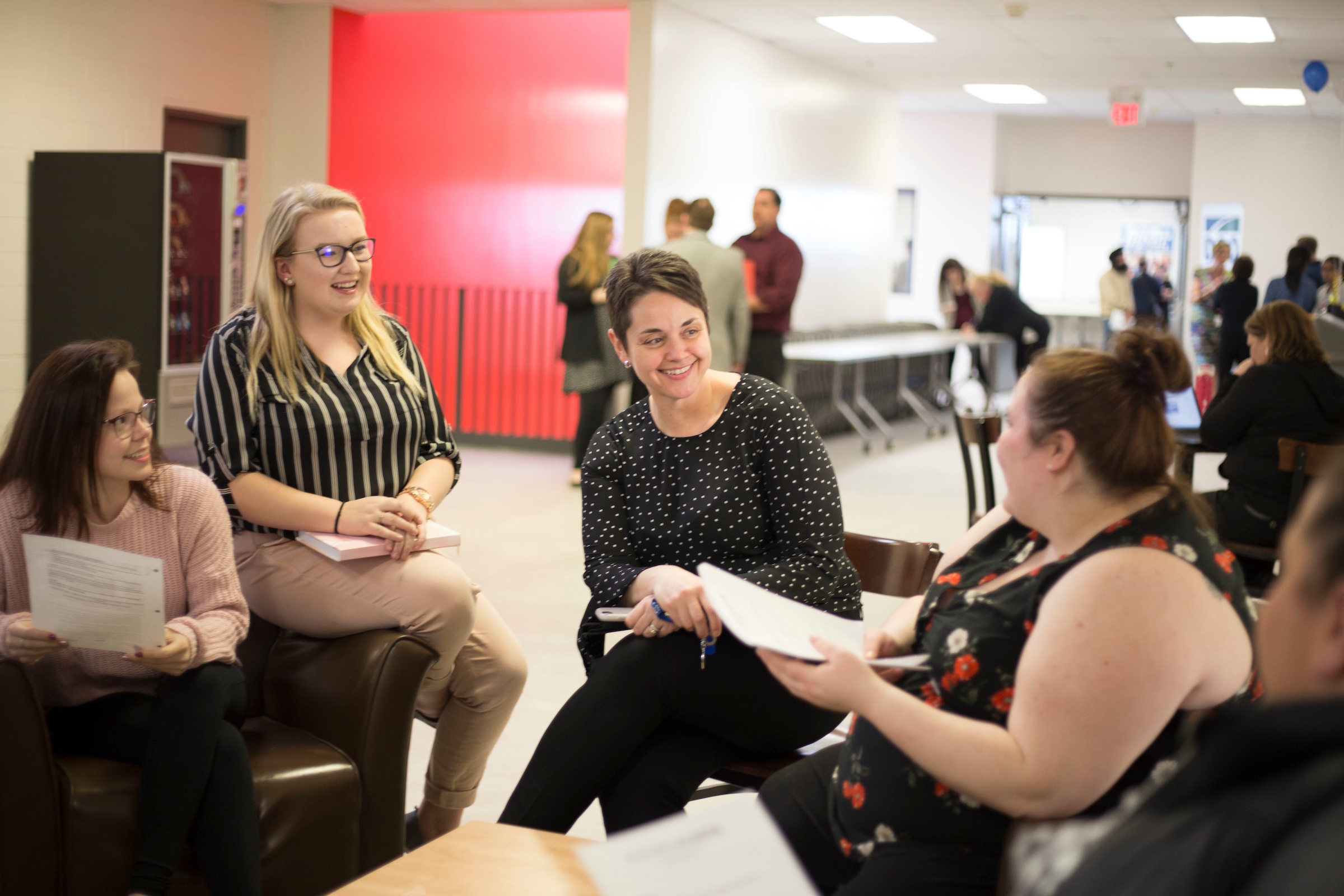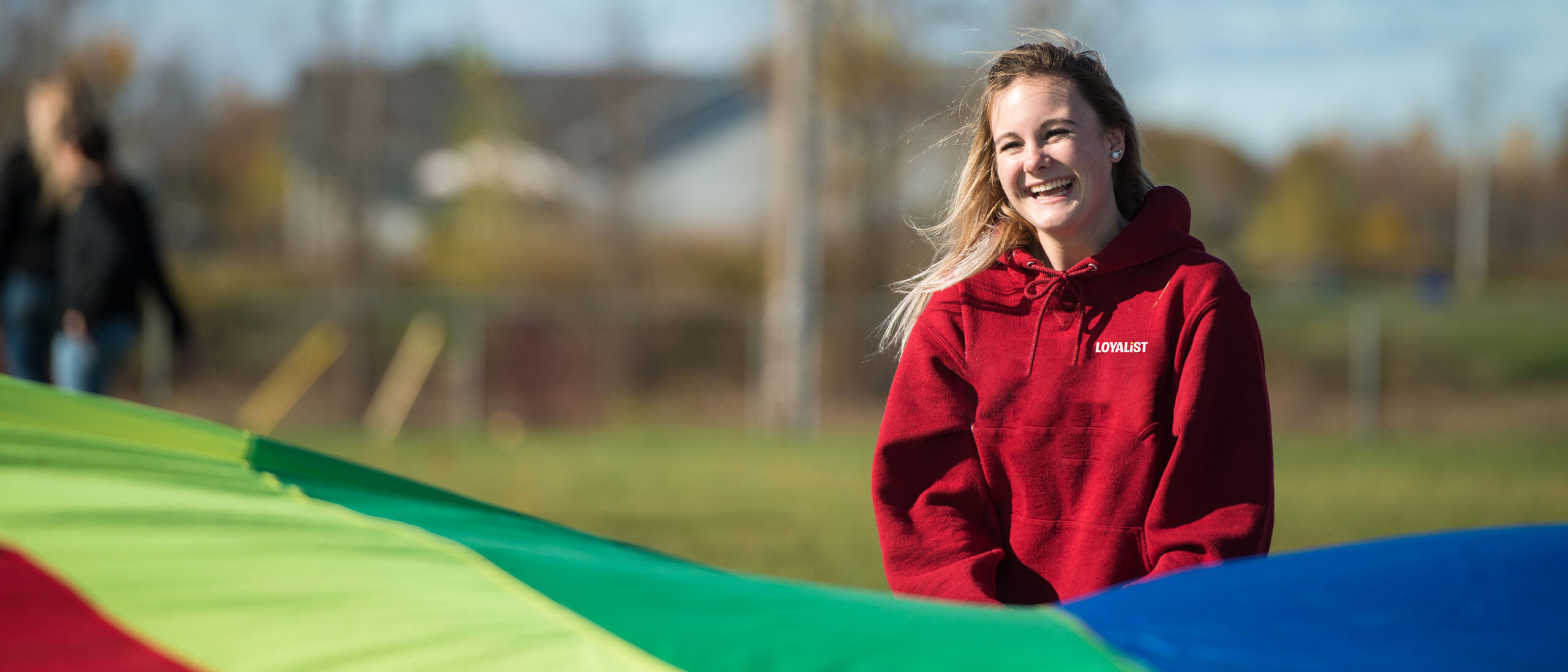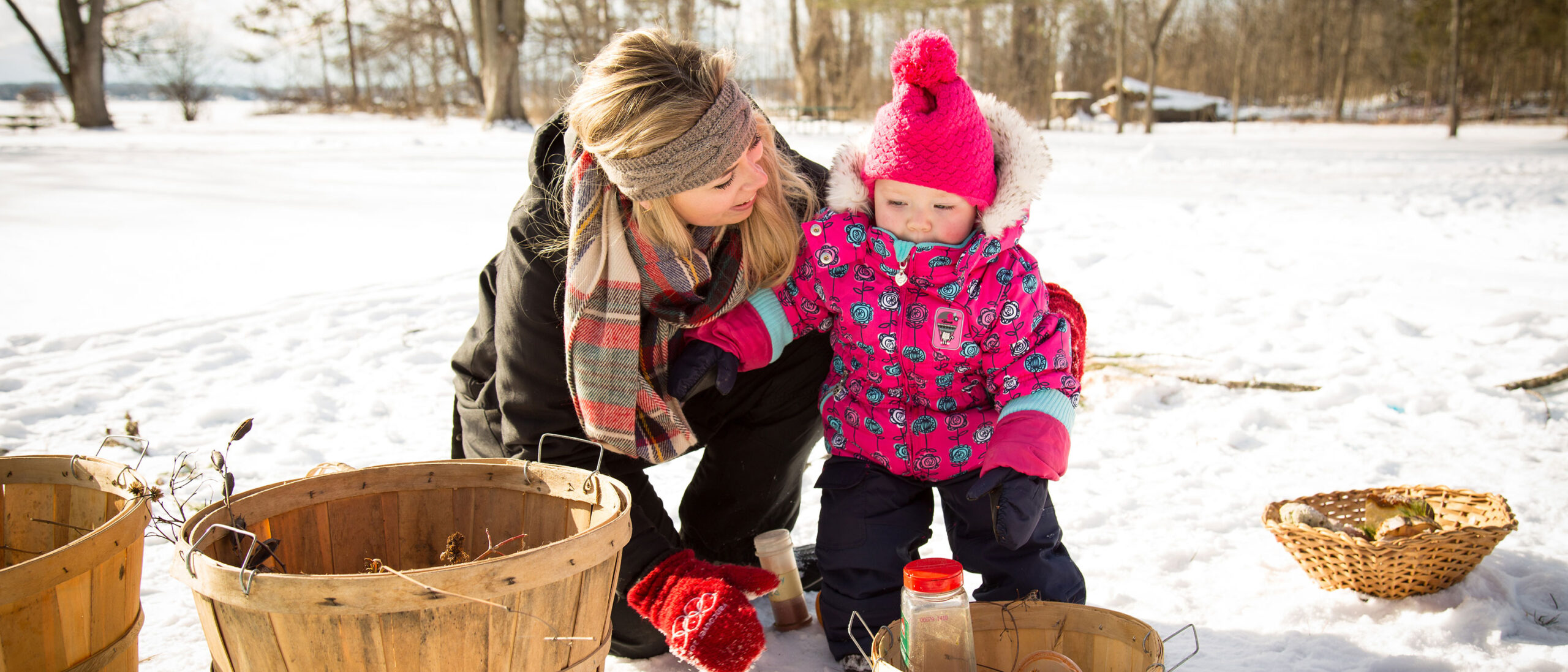Find your career
An SSW assists individuals who are experiencing social and personal challenges. Acknowledging the root causes may be societal in nature, resulting from the social determinants of health such as marginalization, oppression, stigma, colonization, and intergenerational trauma. Having acquired knowledge of human behaviour and development, the worker, through supportive counselling helps empower service recipients to make positive changes that effects individuals, groups, and communities. The SSW uses helper skills to empower individuals in obtaining resources that may enable them to improve upon their existing strengths. Services may include financial aid, counselling and life skills support.
SSWs work with adults, seniors, children, families and youth in need of support. Prepare for a variety of job opportunities:
- Case workers.
- Social service positions with municipal, provincial and federal governments.
- Front-line workers in group homes, employment offices, corrections, residential treatment programs, community agencies, business and industry.
- An SSW may specialize in a particular field such as health, welfare, family services, immigration, employment, children’s services, education, gerontology, community outreach, addictions, mental health, income supports, or correctional services.
- Social service worker is a registered professional title that may only be used by members in good standing of the Ontario College of Social Workers and Social Service Workers.
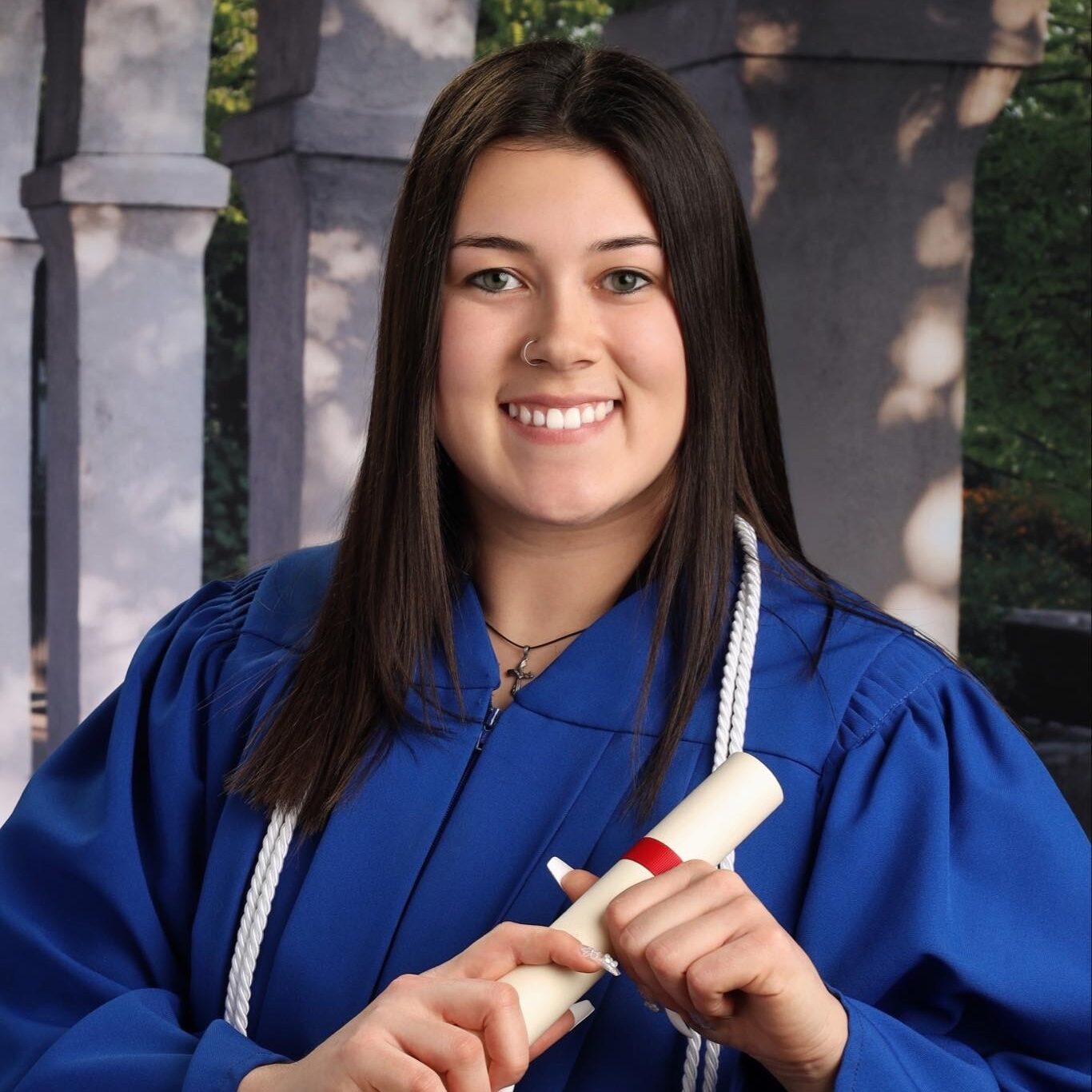
This program had two placements, allowing firsthand experience in the community gaining knowledge required for most job opportunities.
Ashley, Social Service Worker graduate
Our grads get great jobs
- Program Facilitator, Canadian Mental Health Association
- Family Support Worker, Children’s Aid Society
- Residential Staff, St. Leonard’s Community Support, Prevention and Residential Services
- Coordinator for Social Service Programs, Community Care for Seniors
- Social Services Caseworker and Employment Counsellor, Ontario Works
- Assertive Community Treatment Team (ACTT), Quinte Health Care
- Emergency Shelter Workers, Three Oaks, Red Cedars, Grace Inn
- Crisis Response Worker, Victim Services HPELA
Is it for you?
Does this sound like you? Students who thrive in social service work are:
- Passionate about helping others.
- Seeking new challenges.
- Able to draw strength from their own life experiences.
- Interested in opportunities for personal growth.
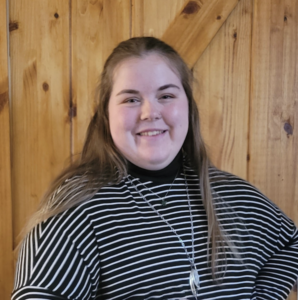
The Social Service Worker diploma program prepared me for the various types of jobs we may encounter. I learned not only about the field but about who I am as a person and how that can play into work life and personal life.
Megan, Social Service Worker graduate


